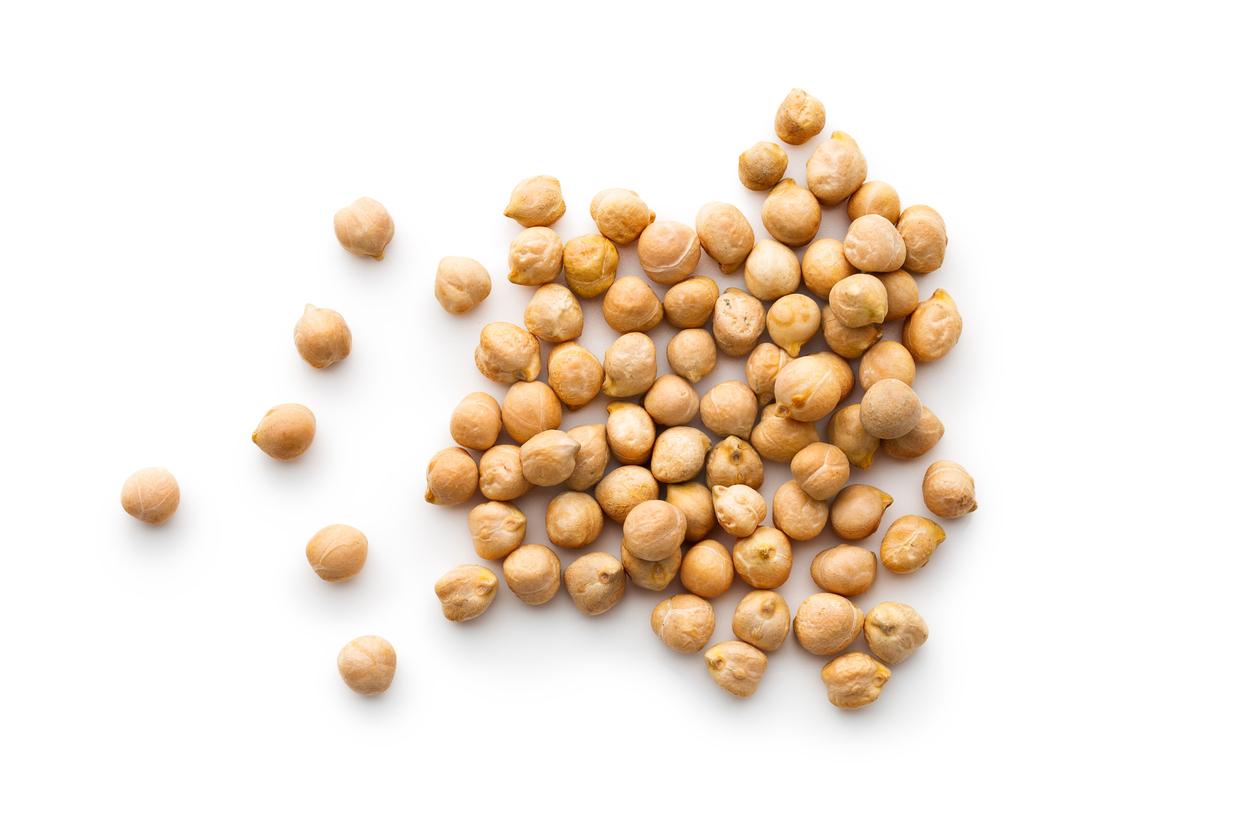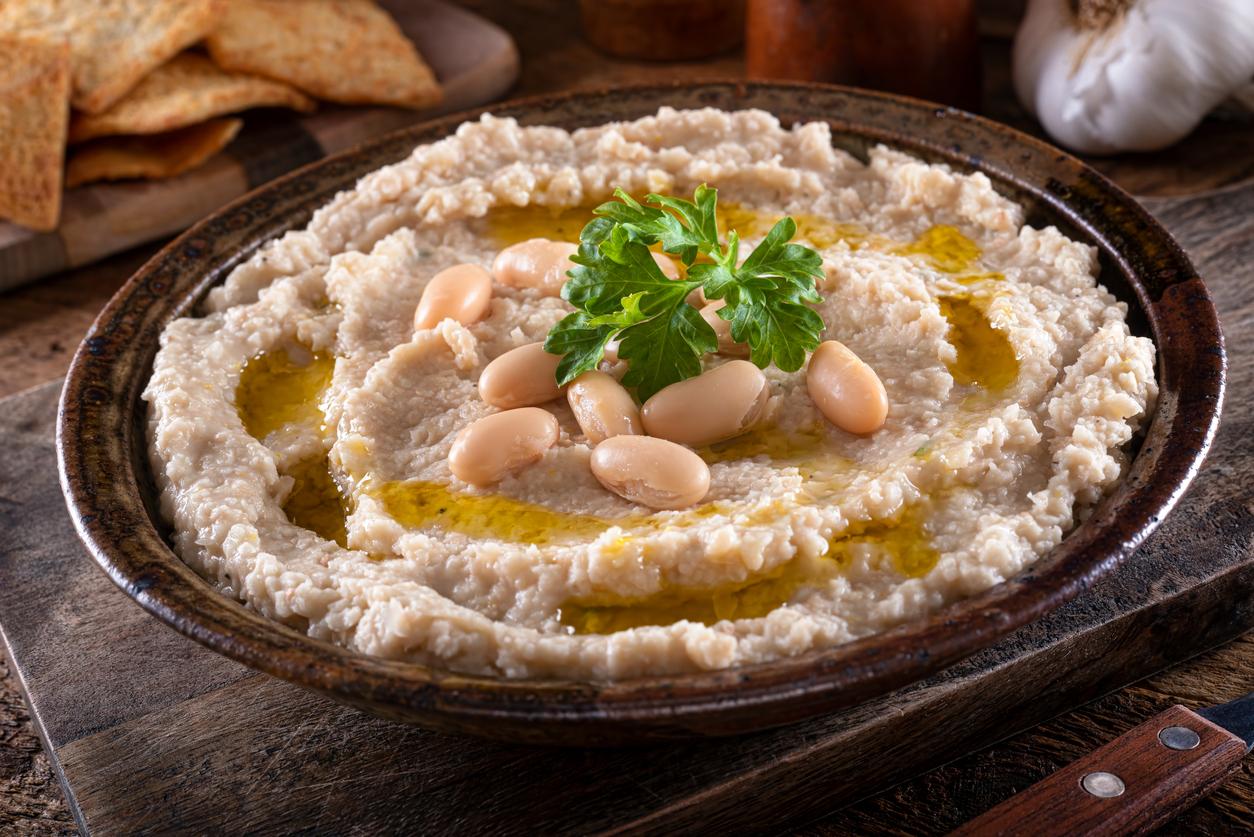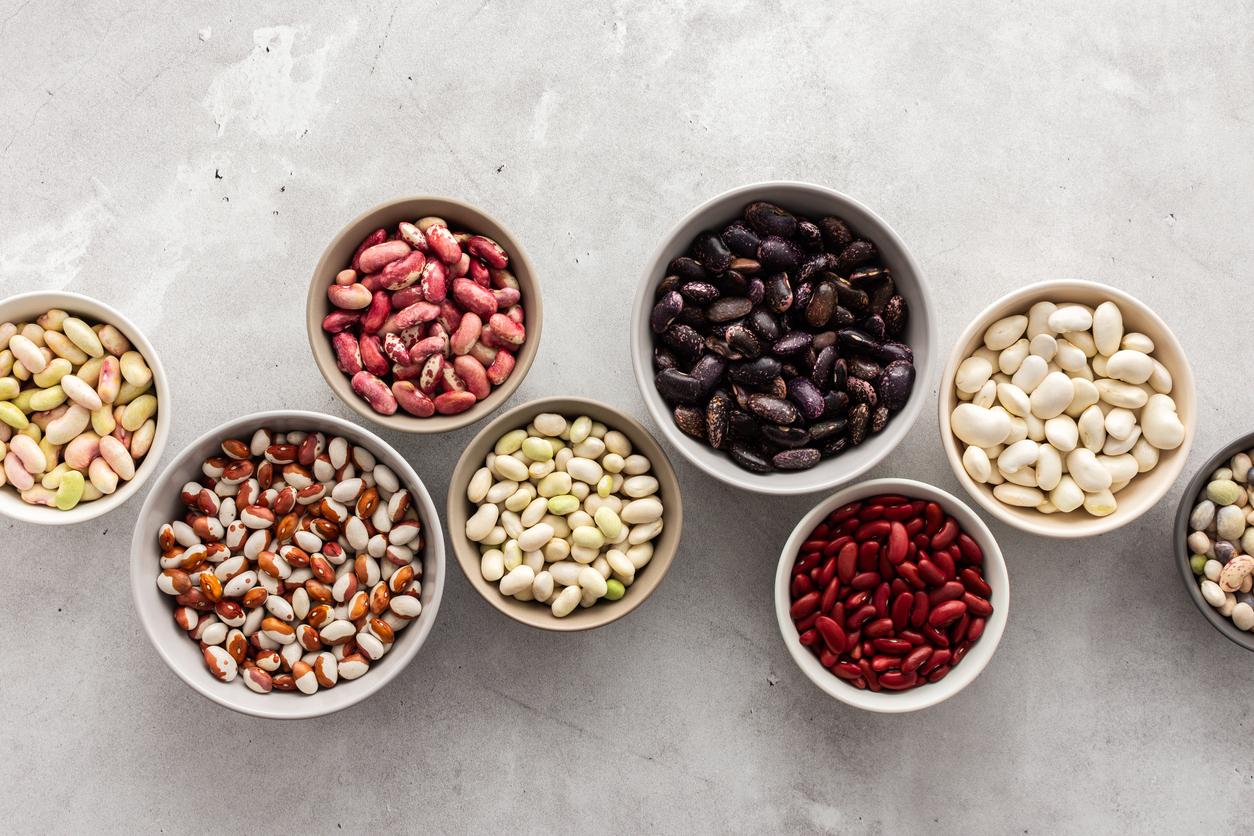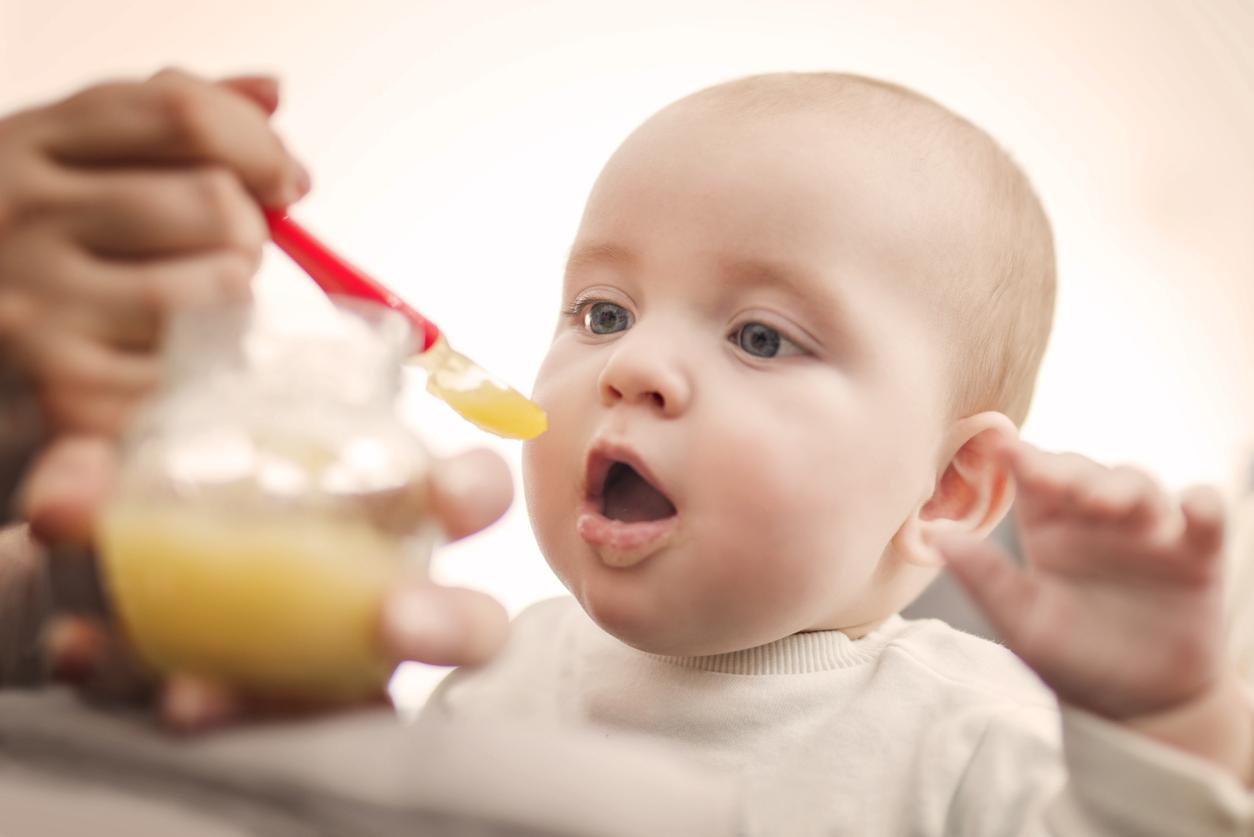In capsules or pods, ground, in beans… Which coffee lover are you? In France, more than eight out of ten people take at least one coffee (black or milk) during the day, and especially at breakfast time. Among them, 67% opt for the “easy” option by slipping a capsule or a pod into their machine. The others then opt for a good ground or whole bean coffee, sales of which have increased by 30% in one year.
But faced with this wide variety of choices, how can you be sure of the composition of the product? Pesticides, hydrocarbons, acrylamides… The magazine 60 Million consumers tracked down the slightest trace of unwanted products in 51 coffee references to bring out the best (but also the worst). Will their discoveries make you change your coffee? Here is the answer.
Which undesirable substances in which coffees?
First good news: none of the 51 coffees analyzed (conventional or organic) showed pesticide residues, which could be due to their roasting. “It requires a high temperature (around 200°C) which destroys or volatilizes most of the pesticide molecules”says the magazine.
Despite the elimination of pesticides, the process can nevertheless participate in the formation ofpolycyclic aromatic hydrocarbons (PAHs), part of which is recognized as carcinogenic by the health authorities. If no product has worrying levels, beware of capsules Planter of the tropics and Carte noireas well as decaffeinated L’Or which have fairly high rates. All the coffees analyzed are also contaminated withacrylamidea “probable carcinogen” according to the International Agency for Research on Cancer, but at very low doses, therefore not serious on health.
For the ground coffee, it’s the “Grand’mère” brand who ends up dead last due to a “value considered illegal for oils and fats“.
[Essai #comparatif] In capsules, in pods, ground, or in grains, whatever #coffee ☕ is the most virtuous for health? We tested 50 references for possible pollutants.
We talk about it in @WeHere’sGood on @RTLFrance
▶️ https://t.co/aVeenDrX80pic.twitter.com/uosIcPoGUz— 60 Million consumers (@60million) January 31, 2023
Black point of the study: insect fragments (sometimes numerous!) have been found in certain products, in particular Bellarom coffee from Lidl and in the Alter Eco coffee beans, a sign that the sorting was incomplete. If they do not pose any danger to the health of the consumer, their presence remains “unappetizing“, reports 60 Million consumers.
What are the best coffees according to 60 Million consumers?
Among the four best coffees selected by 60M consumers, three have an organic or fair trade label, a guarantee of quality. “The absence of pesticide residues and the very low levels of undesirable compounds such as PAHs and acrylamide attest to this., details the magazine. Here they are :
- In caps: Auchan Bio – Espresso (€2.54 for 10 units or €48.85 per kilo)
- In grains : Café royal – Honduras classico (€8.99 for 500g or €18 per kilo)
- Ground coffees: Ethical – Equator Arabica coffee intensity 3 (€3.89 for 500g or €15.55 per kilo)
- Decaffeinated: Monoprix – Decaffeinated (€3.09 for 10 units or €61.80 per kilo)
Source :
- 51 coffees analysed: it’s not all good, 60 Million consumersFebruary 3, 2023

















